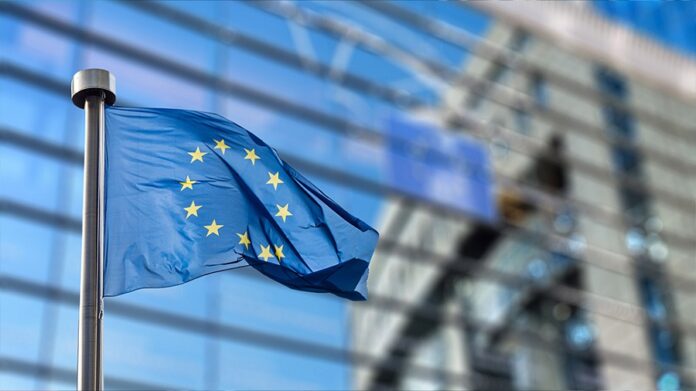EU conditions for ensuring rule of law among member states before they can receive financial aid are not strong enough to completely rule out a backsliding in democracy, the 27-nation bloc’s auditors said on Wednesday, according to Reuters.
The European Union has tightened democratic safeguards on payouts from the bloc’s shared budget in recent years in a bid to rein in nationalists ruling in Poland and Hungary, widely accused of curtailing freedoms of the media, courts, academics and rights groups.
But the European Court of Auditors (ECA) said in a report that these safeguards did not yet “guarantee full protection of the EU’s financial interests.”
“There are chinks in the armour: the rule of law is a fundamental value of the EU, which certainly merits a more watertight system,” said ECA member Annemie Turtelboom.
The ECA said some 134 billion euros for Poland and a further 22 billion euros for Hungary were currently at stake in various rule-of-law disciplinary proceedings.
That would amount to about 19% and 13% of the countries’ 2022 GDP, respectively. But these numbers relate to potentially forfeited payments by the end of this decade, making the immediate budgetary effect much smaller, the ECA said.
The auditors highlighted two risks to preventing EU taxpayers’ money from sponsoring policies that would fly in the face of democratic values: token remedial measures, and political bargaining.
Both were prominently on display during years of bitter EU feuds with Warsaw and Budapest, including last December when the bloc unlocked some funds to Hungary at the same time it was seeking to lift the country’s block on support for Ukraine.
The auditors also warned against the policing of democracy sliding into “a box-ticking exercise.”
That is something critics of Hungarian Prime Minister Viktor Orban say he has long become expert in, for example by setting up required democratic watchdogs with little actual effect on curbing corruption.
In the case of Poland, the tug-of-war with the rest of the EU all but came to an end when a wide centre-right coalition came to power last autumn, ending eight years of nationalist rule.
Vowing to restore the rule of law, the new Polish government has already unblocked some EU funds.
On Tuesday, Poland’s new justice minister told his EU peers that Warsaw would roll back previous changes to the courts that have been denounced by international organisations and rights groups as undercutting judicial independence.
While the EU’s standoff with Hungary deepens, eyes are also on Slovakia since the return to power of populist Prime Minister Robert Fico.
His government’s fast-track changes to scrap a special prosecution office investigating state corruption drew a warning from Brussels, which worried that Fico was singing from Orban’s hymn sheet.
The bloc has, however, yet to lock Slovakia out of any funding.


